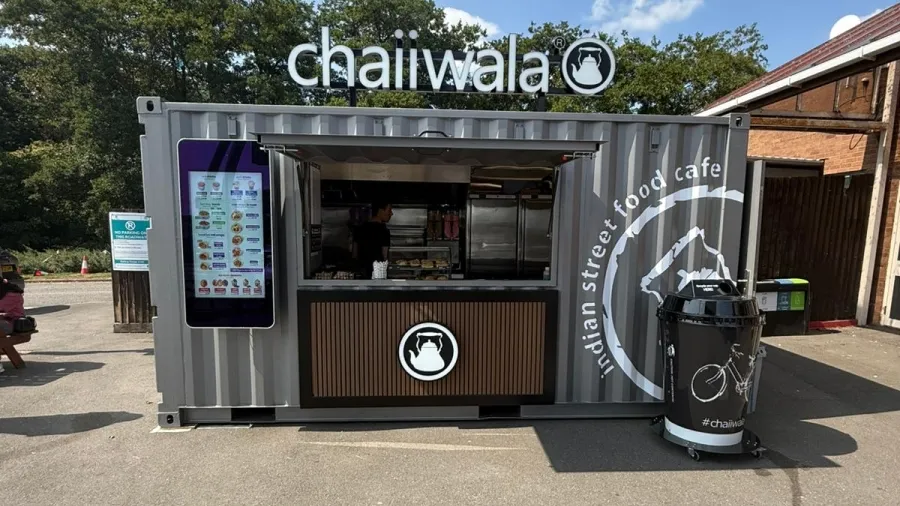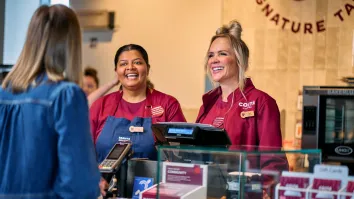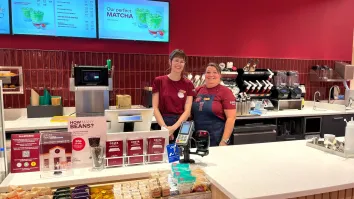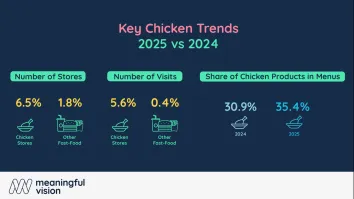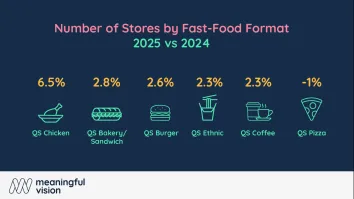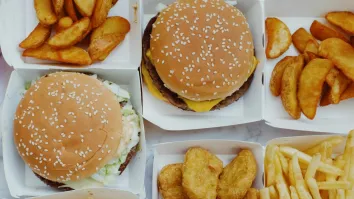Self-awareness as a key ingredient in QSR success
By Sanjeev SangheraIn the context of QSR brands, self-awareness goes beyond mere self-reflection.
Self-awareness has emerged as a key buzzword in management, and its relevance is particularly pronounced in the Quick Service Restaurant (QSR) industry. It’s not simply another management tactic either; it's as important as everyone says.
In the context of QSR brands, self-awareness goes beyond mere self-reflection. It involves a comprehensive understanding of the brand’s core identity, its strengths, and its limitations. Given the intense competition in the QSR sector, self-awareness is not just beneficial; it's a fundamental element for achieving success.
Studies indicate that clear self-understanding can significantly boost confidence, creativity, and effectiveness in leadership and communication roles, leading to more informed decision-making. Yet, it's intriguing to note that self-awareness may not be as widespread as you might think. Research suggests that only 10-15% of the population genuinely achieve a high level of self-awareness. This becomes particularly important in the context of professional performance; it's estimated that a substantial 83% of high achievers in the professional realm exhibit self-awareness, in stark contrast to just 2% amongst those with lower performance levels.
A brand's self-awareness hinges on a genuine understanding of its identity. This involves not just recognising but also connecting with your target demographic and adapting your brand's presence to engage various segments effectively. Such awareness is instrumental in crafting your brand's narrative and extends to determining the most effective channels for communication, whether that be digital platforms or traditional media. The key to cutting through the clutter and capturing your audience's attention lies in straightforward, value-oriented marketing messages.
Getting to grips with where your brand stands in the varied world of the food service industry is super important. This industry encompasses a huge range of businesses, from laid-back fast-casual spots to upscale fine dining. It's all about knowing where your business fits in this mix before you start reaching out to customers or engaging with them. For example, at Doner Shack, we started in the fast-casual lane but soon realised we needed to shift gears towards being a more defined QSR brand. It just felt like a much more authentic fit for our target audience.
It's important to face up to moments when your brand might be missing the mark. If you're not drawing in the intended audience, that's a clear sign something needs tweaking. Consider this a chance to step back and evaluate your current standing versus where you aspire to be. Use this time for some introspection. Reflect on where your brand stands now and think about strategies to enhance its impact and effectiveness.
Recognising the need to change lanes isn't about sacrificing your business’ authenticity. It's about adapting and growing to make sure your brand's voice hits home in the way you intended. Realigning your brand can be a strategic move to create a deeper connection with your audience, all whilst staying true to the foundational values and authenticity that make your brand unique. This is something we're quite proud of doing at Doner Shack; our recent re-positioning allowed us to re-examine our brand, rekindle our passion for what we do, and figure out how to share that passion with a wider segment of our target market.
Your menu is also a key ingredient in your brand's self-awareness. It's vital that what you serve aligns with your brand's character and meets your customers' expectations. For example, a QSR establishment should ideally concentrate on its strengths and steer clear of a menu that might be more appropriate for upscale, multi-course dining establishments. Introducing a standout signature dish can be an effective strategy to communicate your brand's unique identity and entice customers to return.
Similarly, it's essential to consider your target audience when curating the diversity and pricing of your menu. At Doner Shack, we spent a considerable amount of time deciding on who we wanted to reach with our menu, so we focused on providing a wide variety of menu items to satisfy our key demographic’s desires, remain competitive and stand out amongst other offerings in the market. On top of that, we were mindful of pricing our products reasonably, aiming to make our offerings accessible to a broader audience and ensure customer retention.
The design and aesthetics of your QSR space are also crucial. They shape how customers perceive your brand and contribute to its identity. For example, a modern bar designed with Instagram appeal in mind may not attract those intending to drink or watch sports in a more relaxed setting. On the other hand, a straightforward, no-frills pub may not be the ideal choice for individuals looking for visual appeal and a fashionable atmosphere.
Navigating the nuances of self-awareness can be tricky, especially in balancing trend adaptation with maintaining a coherent brand image. There's a fine line to tread here: adapting to trends can keep your brand current, but overzealously chasing the wrong trends could end up alienating the audience you're trying to attract.
In the QSR industry, self-awareness is far more than just a trendy term; it's a critical element of success. It involves a holistic approach that encompasses everything from your brand's vision and menu creation to its aesthetic appeal and marketing tactics. By investing time in thoroughly understanding and embracing the distinctiveness of your brand, your business is better positioned to thrive in a competitive market and resonate with your intended audience.


